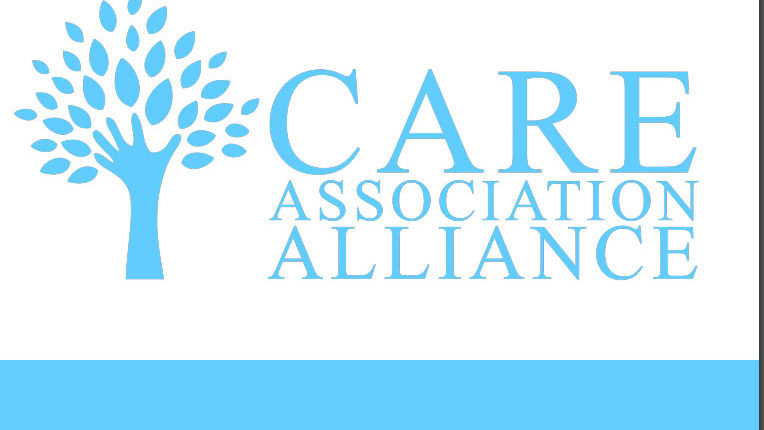Care sector needs to recruit 128,000 new workers each year, report finds
[ad_1]

The care sector needs to recruit 128,000 new workers each year to replace those who retire or leave, new research has found.
The study by the Care Association Alliance and law firm Royds Withy King found that one in three workers leave the sector every year – the highest turnover rate of all job sectors in the UK.
Charles Taylor, Steering Group member at the Care Association Alliance said: “The UK has an aging population – by 2030 we will have 13.25m individuals aged over 65 – and our report sets out to explore the challenge providers face in employing staff as Brexit looms large. Our findings do not paint an encouraging picture.
Story continues below
Advertisement
“The sector needs to recruit 128,000 new members of staff every year to replace those that retire or leave, and to meet increasing demand. Increased demand alone means that in 10 years’ time the sector needs 500,000 new members of staff. In 2016, the latest data we have, the sector managed to recruit just 20,000.
“To put that into context and based on the gender demographic of today’s care workforce where 80% is female: in 2017, 126,642 young women left secondary education. Assuming the care sector remains primarily staffed by women, it would need to recruit 102,000, or 81%, of those female school leavers every year to meet demand. That is clearly not possible, and illustrates the challenges the care sector faces.”
The study found a care assistant’s average weekly salary to be £350 a week, or £200 lower than the UK average.
One in three nurses and 16% of a care assistants are foreign, with these figures rising to 84% and 65%, respectively, for London.
The study also found the recruitment of new staff to the sector slowed to 20,000 in 2016, down from 65,000 in 2010.
James Sage, employment lawyer and Head of Health & Social Care at Royds Withy King, said: “The Government plans to severely restrict access to care staff from the EEA after Brexit, despite the current staffing crisis engulfing the care sector. There are no special rules for the care sector despite it being particularly reliant on European staff. To exacerbate the problem, the Government has failed to adopt a coherent strategy to address staff shortages by other means.
“The study indicates that the sector has increased staff wages by up to 10% over the past five years and given that wages typically account for between 65-80% of a care providers running costs, this represents a significant increase in running costs. More significant future wage increases are unviable unless councils increase fee rates paid to providers.”
The Care Association Alliance is calling for the Government to reconsider its immigration proposals in light of the significant staff shortages in the care sector.
Charles added: “The proposed visa that would allow low-skilled people into the UK for a 12-month period is simply not good enough. It would be costly for care employers to manage whilst further exacerbate staff turnover.
“We would urge the government to introduce a social care visa which would only be available to people working in that sector. Such a model already exists for those working in the agricultural sector. If the Government cannot support the sector, care providers will be forced to close, leaving the vulnerable and elderly without sufficient care and support.”
[ad_2]
Source link

